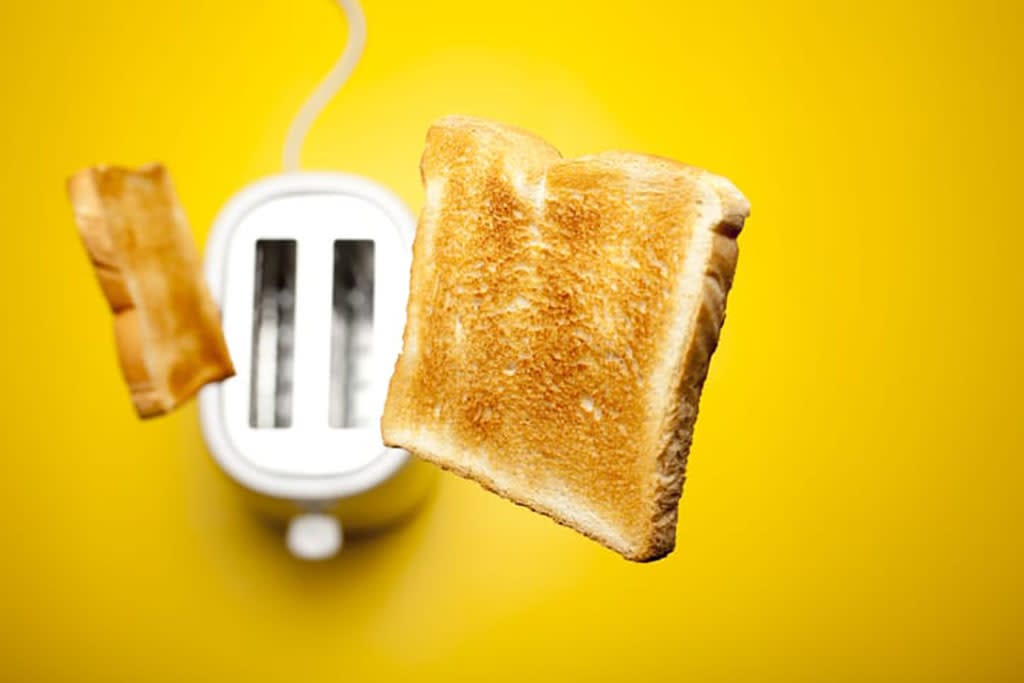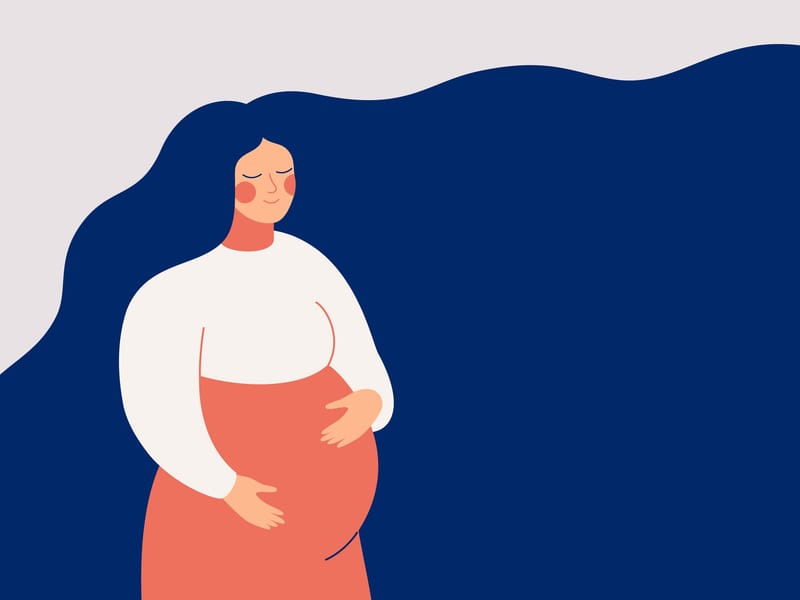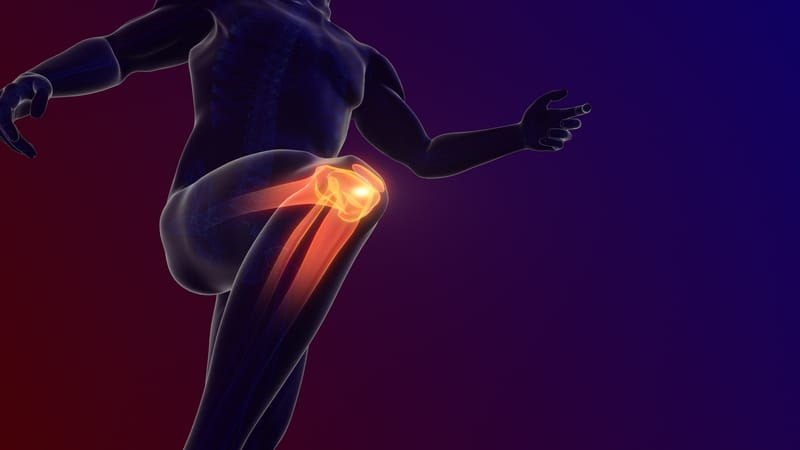
“I thought people might be interested,” says Monash University’s Professor Flavia Cicuttini of the new study she’s co-led into the importance or otherwise (otherwise, as it turns out, for many) of breakfast.
Within days of being published in The BMJ (formerly the British Medical Journal) as an “editor’s choice” research article on 31 January, the research, headlined “Unscrambling the Evidence for Breakfast” in the august journal, has been reported on by 85 international news outlets, in 95 news stories, including CNN Reuters and the BBC. Professor Cicuttini appeared on American and Canadian talkback radio.
“There's been a lot of national and international interest," she said.
Professor Cicuttini is a clinical epidemiologist in the School of Public Health and Preventative Medicine at Monash. She’s also head of rheumatology (disorders of joints, muscles and ligaments) at the Alfred Hospital. The study’s co-leader was Katherine Sievert, a master's graduate.

They led a team that analysed the effects of regularly eating breakfast on weight change and daily energy intake, based on evidence from 13 randomised controlled trials, mainly in the US and UK, from the past 28 years.
“Our study was not to say whether people should or shouldn’t eat breakfast,” Professor Cicuttini says. “The key question we were asking was, is it important for weight loss or obesity prevention? People shouldn’t be encouraged to eat breakfast if they don’t want to. That’s the key message.
“There’s such a pervasive belief in our community that breakfast is important. People are almost invariably advised, if they seek dietary advice, that they should start the day with breakfast.”
She said the common phrase “breakfast is the most important meal of the day” was not correct, because while it may be for some, it’s not for others. Far from it.
The breakfast eating myth
The study found that those who ate breakfast – during their own previous trials – gained on average .44kg more than those who did not. The same participants’ average calorie intake was also high – 260 calories more than the no-breakfast people.
“We have an obesity epidemic in most developed countries,” she said. “We also have a lot of myths around what we should and shouldn’t eat, and the big one is that breakfast is the most important meal of the day.
“There are people who are hungry in the morning, many who are not. People are made differently. If you’re not hungry, there’s no need to eat. For those who do eat breakfast, if you have that croissant, the calories won’t be metabolised better – they all count towards the calories of the day.”
“Eating healthy foods is fine, but eating too much healthy food is still a problem in terms of obesity.”
Professor Cicuttini, who says she has no breakfast but two cups of coffee in the morning, says discussions about food quality, processed foods and junk foods are important, but more important is the obesity epidemic. This is what leads to joint problems, heart problems and diabetes.
“Eating healthy foods is fine,” she says, “but eating too much healthy food is still a problem in terms of obesity.”
Not supported
Previous studies have suggested that eating breakfast is good to maintain a healthy weight, but these studies were observational (rather than random controlled) and so it's likely that participants’ wider healthy lifestyle and food choices contributed to the healthy weight, rather than breakfast eating. It had also previously been believed that breakfast helped weight loss by burning calories earlier in the day, preventing overeating later. The new study doesn't support this.
“There are many widely held beliefs about obesity and what's healthy and what isn't,” Professor Ciccuttini says. “This study has disproved the common belief about breakfast eating, to the relief of the many breakfast skippers.”





